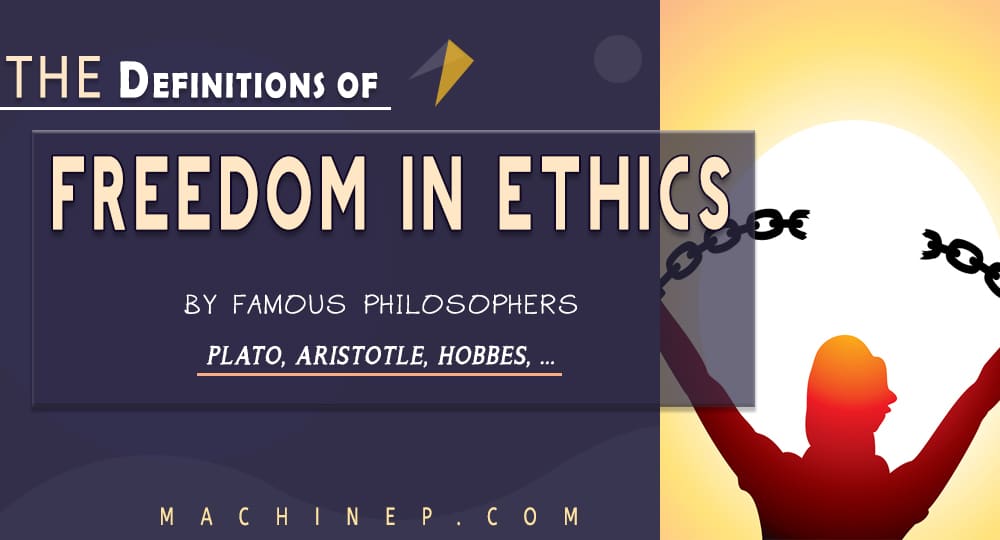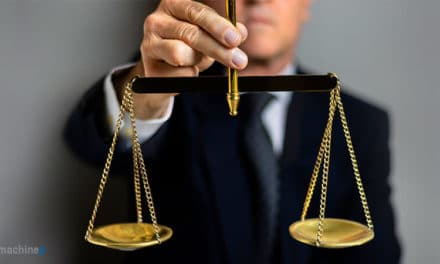The concept of Freedom is as old as the existence of man. It is a general term used in everyday activity mostly to express man’s free will in making decisions and choices. But, freedom is a generic term that cuts across critical and rational discourses in philosophy, of ethics, alongside many other disciplines.
However, the notion of freedom is widely discussed, and used by every man, in different but related ways and occasions. It has been a perennial issue whether man is totally free. But, no matter how free man is, everywhere seems to be in chains – Jean-Jacques Rousseau.
Freedom comes with personal consciousness to choose to act freely in a certain way rather than the other. Thus, freedom in ethical discourse comes with choice and free will. Hence, one is free to choose or not to choose. But, you may have observed that “even when one chooses not to choose, he/she ends up making a choice (choosing)”?
However, if there is no policy, there is no freedom, and if there is no freedom, there is no action. So, to deprive man of his freewill action is to reduce him to the level of animals. The above statement by Hannals Arendt goes far to emphasize the essentials of man’s freedom as that which authenticates him as a dynamic creature different from brutes and animals. This introduces us to the comprehensive definitions of Freedom.
Definitions of Freedom by Famous Philosophers
The term ‘freedom’ is defined in many different ways as we can see below.
- Freedom is the possibility of the subject to act as man wills to satisfy his tendencies, aspiration, etc. (freedom of actions as opposed to constraint, servitude, etc. civil and political liberties, etc.)
- Freedom is the power of self-determination without any necessitation in willing. If only from the pressure of the nature slightly distinct from the ego (freedom of willing, freewill as opposed to Necessity).
- Freedom is the fulfillment of reasoning subject to the internal domination of reason, of superior motivations over feeling, and over inferior motivations (rational freedom).
Definition of Freedom according to Aristotle
According to Aristotle, the “democratic” freedom treasured by the exponents of ancient Greek democracy has two marks, one personal and one political:
- Freedom is to live as one wishes, and
- Freedom is to rule and be ruled in turn.
Though Aristotle is a critic of such freedom, it has been claimed that he has no notion of his own to set against it. By this aristocratic conception, a person is free to the extent that he is able to live a life of politics and philosophy, and a polis (the state) is free to the extent that its institutions promote such a life for each and every citizen by removing the impediments to its realization such as unfavorable political institutions, lack of moral and intellectual education, and insufficient material resources.
Definition of Freedom according to Plato
Plato’s term eleutheria may be translated as “freedom” because it signifies the same triadic relation as the English term—freedom of an agent from impediments to a goal. While it is generally recognized that Plato rejects the democratic idea of personal freedom, it is often overlooked that he offers in its place an alternative, “aristocratic,” conception of freedom, originating in the moral psychology of Socrates and reflecting a popular view of freedom as opposed to slavery.
In the Republic, Plato describes aristocratic freedom as the rule of reason over the soul unimpeded by desires. In the Laws, aristocratic freedom entails “willing enslavement to the laws,” which represents a due measure between extreme slavery and extreme freedom. Though different from the modern liberal concept of liberty, Plato’s conception leads to important innovations. Plato’s ideal of aristocratic freedom was shared and developed further by Aristotle.
Definition of Freedom according to Thomas Hobbes
In the Leviathan (1651), Thomas Hobbes referred to Freedom as “the absence of opposition” or “external impediments” to motion. Such freedom applies not only to rational agents but also to “irrational and inanimate creatures.” We may say, for example, that water is not free to flow beyond the vessel that contains it.
However, Hobbes clearly distinguished freedom from power. When the impediments to motion are external, then an entity is said to lack freedom. But when the impediments to motion are internal, an entity is said to lack power.
The fact that a stone cannot move of its own accord does not mean that it lacks the freedom to move; rather, it lacks the power (or ability) to move. Likewise, if a sick man is confined to a bed and unable to move about, he lacks not the freedom to walk (since no external impediments prevent him from walking) but the power to walk.
Furthermore, Hobbes’s distinction between freedom (the absence of external impediments) and power (the internal ability to do something) is frequently cited as an early formulation of negative freedom. Moreover, since classical liberals typically defended negative freedom, Hobbes is sometimes cited as an early proponent of that tradition.
Definition of Freedom by Martin Heidegger
According to Martin Heidegger, Freedom is referred to as Dasein’s authentic potentiality for being, a potentiality which reveals the being of beings as they are “in themselves,” including both inner-worldly beings and Dasein itself.
Definition of Freedom by Nelson Mandela
In the words of Nelson Mandela, “To be free is not merely to cast off one’s chains, but to live in a way that respects and enhances the freedom of others.”
Definition of Freedom by Baptista Mundin
Freedom according to Baptista Mundin is “another great window for looking into the mystery of man.” With freedom, man is not only simply the master of his own acts but also of himself. He is the master of his own becoming, more precisely, of that which he will become, an honest citizen, a laborious worker, a generous woman, an Ernest mother.
Freedom is the faculty which man enjoys in determining himself to an action and to bring its cause, after haven taken consciousness of the considerations that such an action carries for life. Man is a free being within and without, beneath and above.
Freedom is man’s true self without which he ceases to be what he is, a being unto God, the image of the creator, the matter of the universe of creations, the dynamic being. For a man to achieve greatness as desired by God, the creator, man has to be free.
Freedom implies the dignity, excellence, and nobility of the human person, without which life for the individual is altered and for the society, a total chaos and the general state of anarchy. Man’s freedom is not only a quality describing an aspect of his life but the dynamics of his being, a power giving direction and meaning to the very value that man holds the most desirable life.






A person necessarily helps to make significant posts I
would state. This is the very first time I frequented your website page and to this point? I surprised with the analysis you made to make this actual submit amazing.
Magnificent job!
This is helpful
Good Job
Hi! This post couldn’t be written any better!
Spot on with this write-up
This is my first time pay a quick visit here and I am genuinely happy to read everything a single place. I enjoy reading philosophy contents
This greatest article is helpful
Perfect one you have here. Every detail is here